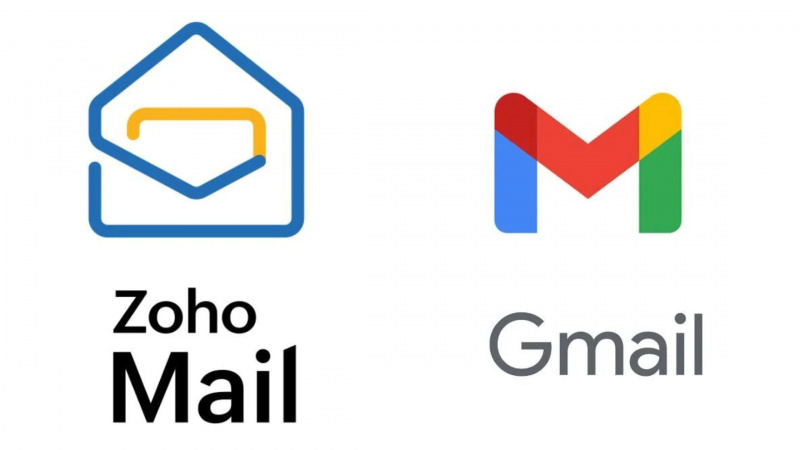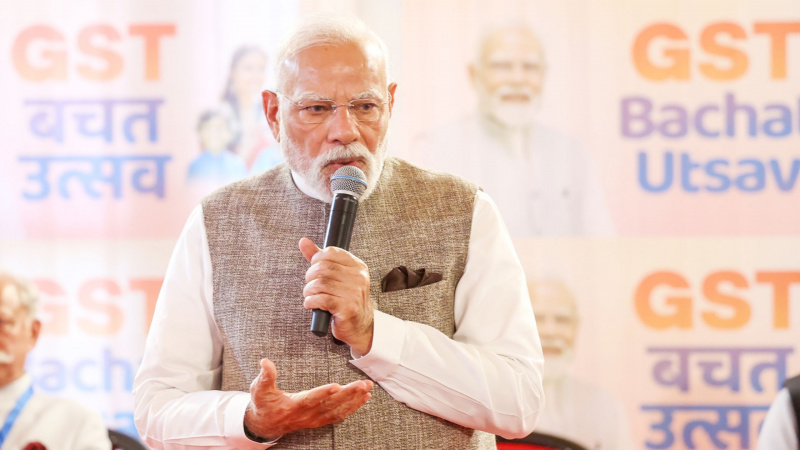Sam Altman Alleges Meta Offered $100 Million Bonuses to Lure OpenAI Talent
The $100 Million Offer: What’s Going On?Let’s break it down.Altman claims Meta is actively trying to poach his employees w
- by Shan 2025-06-19 12:22:36
Inside the AI Talent War That’s Turning Engineers Into the Hottest Commodity in Tech
When OpenAI CEO Sam Altman revealed that Meta was offering $100 million signing bonuses to lure away his top engineers, it wasn't just a bold claim—it was a window into a cutthroat battle unfolding in Silicon Valley.
On an episode of the “Uncapped” podcast hosted by his brother, Altman said,
“They [Meta] started making giant offers to a lot of people on our team. You know, like $100 million signing bonuses—more than that in compensation per year.”
The comment didn’t just make headlines. It made a point: the competition for elite AI talent has reached levels once reserved for sports stars or startup founders. And behind these mega-deals lies a growing philosophical divide between two of the most powerful names in AI—OpenAI and Meta.
The $100 Million Offer: What’s Going On?
Let’s break it down.
Altman claims Meta is actively trying to poach his employees with deals that include:
Upfront signing bonuses as high as $100 million
Annual compensation that exceeds those figures
Aggressive recruitment efforts directly from the top
Meta hasn’t publicly confirmed these numbers. But the pattern lines up with the company’s recent actions: major investments, top-level hires, and mounting pressure to close the AI leadership gap.
Why Is Meta Pushing So Hard?
Meta has spent years positioning itself as a leader in AI. Its open-source Llama language models have gained significant traction. Yet despite that, industry watchers note that Meta has:
Lost key researchers
Delayed model launches
Fallen behind OpenAI and Google in perceived innovation
That’s triggered a bold, expensive strategy to build what Mark Zuckerberg reportedly calls a “superintelligence team.” This includes:
A $14.3 billion investment in Scale AI, a data-labeling firm
Hiring Scale AI’s CEO Alexandr Wang to lead Meta’s superintelligence push
Recruiting DeepMind’s top researcher Jack Rae
According to reports, Zuckerberg has grown frustrated with Meta’s AI standing—and is personally involved in assembling what some call an AI dream team.
Altman’s Take: Money vs. Mission
Altman didn’t just call out the offers. He called out the culture.
“I think that there’s a lot of people, and Meta will be a new one, that are saying ‘we’re just going to try to copy OpenAI,’” he said.
“That basically never works. You’re always going to where your competitor was, and you don’t build up a culture of learning what it’s like to innovate.”
His core argument? Big paychecks don’t build breakthrough technology. Culture, curiosity, and commitment do.
And so far, he says, “none of our best people have taken them up on that.”
The Real Cost of the Talent War
To understand what’s at stake, it helps to look at what AI engineers are actually worth right now.
In today’s market, a single breakthrough engineer, thekind who builds next-gen models or training optimizations—can tilt the competitive balance. That’s why tech giants are pouring billions into either training them in-house… or buying them outright.
Meta’s Counterpoint: Betting on Open Source
While Altman positions Meta as , some analysts push back.
Daniel Newman, CEO of Futurum Group, told CNBC:
“So much of what is happening in AI is being built on Meta. They basically built the rails for open-source AI development.”
He’s not wrong. Meta’s Llama models have become foundational for many AI startups and researchers. Open-sourcing has helped Meta:
Build community trust
Accelerate third-party adoption
Avoid the regulatory heat facing closed platforms
But the trade-off? They can’t fully control monetization or usage—which matters in a race to commercialize AI at scale.
Cultural Clash: Innovation or Imitation?
This battle isn’t just about money or code. It’s about how innovation happens.
Altman suggests that copying others with massive budgets creates a lagging culture—one that chases trends instead of shaping them.
But Meta might argue that building infrastructure and open tools is just as valuable—and that money accelerates progress when used well.
Read also: Upcoming Tech Events in India 2025: Must-Attend Summits & Startup Showcases
What This Means for the AI Industry
This isn’t just a story about OpenAI and Meta. It signals bigger shifts in the AI world.
Key Takeaways:
Talent is now the most valuable asset in AI—more than GPUs or datasets.
Culture matters—companies are rethinking whether mission-first or money-first works better.
Open vs. Closed AI is dividing the industry, with regulatory, ethical, and commercial consequences.
Expect more startup acquisitions as companies try to fast-track superintelligence teams.
So… What Should Founders, Engineers, and Investors Do?
If you’re in the AI ecosystem, here’s what this story signals:
For engineers: Your skills are in record demand. But ask what culture you want to grow in.
For founders: Startups with unique talent or tech are acquisition targets—position accordingly.
For investors: Team quality is becoming the most reliable moat. Double down on people.
For AI leaders: Think beyond short-term hiring wins. Build environments where top talent wants to stay.
Final Thoughts: A Billion-Dollar Standoff, Built on Brains
Sam Altman’s comments about Meta’s $100M offers didn’t just call out a rival. They spotlighted how personal, high-stakes, and human the AI race has become.
This isn’t about shiny models or futuristic demos—it’s about who gets to build the future and what kind of system we’re building it in.
Altman’s bet? That loyalty, purpose, and culture will outlast fat signing bonuses.
Meta’s play? That aggressive investments and open platforms will win long term.
The rest of us? We’re watching the AI era unfold—one hire at a time.
POPULAR POSTS
The Agentic Revolution: Why Salesforce Is Betting Its Future on AI Agents
by Shan, 2025-11-05 10:29:23
OpenAI Offers ChatGPT Go Free in India: What’s Behind This Big AI Giveaway?
by Shan, 2025-10-28 12:19:11
Zoho Products: Complete List, Launch Years, and What Each One Does
by Shan, 2025-10-13 12:11:43
Arattai vs WhatsApp: Which Messaging App Should You Choose in 2025?
by Shan, 2025-10-10 11:55:06
Top Buy Now Pay Later (BNPL) Apps for Easy Shopping in 2025
by Shan, 2025-09-22 10:56:23
iPhone 17 Sale in India Begins: Full Price List, Launch Offers and Store Availability
by Shan, 2025-09-19 12:00:45
Apple September 2025 Event Recap: iPhone 17, iPhone Air, Apple Watch Series 11, and India Pricing Revealed
by Shan, 2025-09-10 09:55:45
RECENTLY PUBLISHED

Loan EMIs to Drop as RBI Slashes Repo Rate - Full MPC December 2025 Highlights
- by Shan, 2025-12-05 11:49:44

Pine Labs IPO 2025: Listing Date, Grey Market Premium, and Expert Outlook
- by Shan, 2025-11-05 09:57:07

Top 10 Insurance Companies in India 2026: Life, Health, and General Insurance Leaders Explained
- by Shan, 2025-10-30 10:06:42

Best Silver Investment Platforms for 2025: From CFDs to Digital Vaults Explained
- by Shan, 2025-10-23 12:22:46

Zoho Mail vs Gmail (2025): Which Email Platform Is Best for Businesses, Startups, and Students?
- by Shan, 2025-10-09 12:17:26

PM Modi Launches GST Bachat Utsav: Lower Taxes, More Savings for Every Indian Household
- by Shan, 2025-09-24 12:20:59




 Subscribe now
Subscribe now 